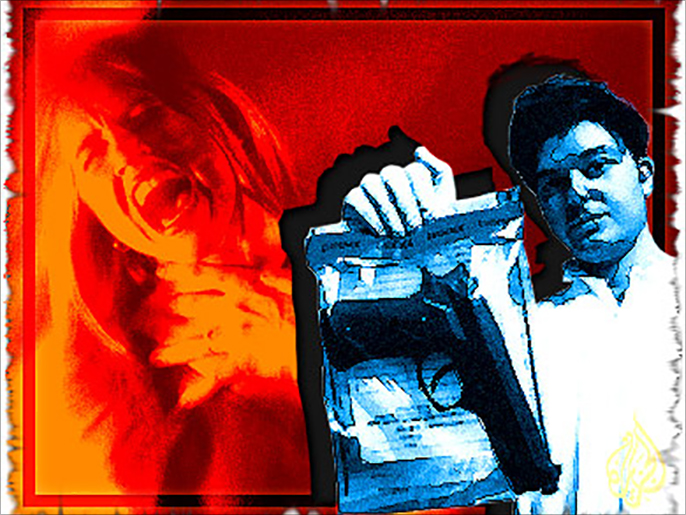Psychopathy is a personality disorder characterized by many characteristics, the most important of which are anti-social behavior, arrogance, betrayal, and manipulation of others, with a lack of sympathy for its victims, and no feeling of guilt or remorse for his wrong actions, which is what often leads to criminal behavior
.
Some psychiatrists believe that the psychopathic personality represents the pinnacle of extremism in committing crimes and transgressions, with assault on others, lying and theft, and their belief is supported by the fact that this disorder is common among people in prison, according to the National Library of Health in the United States of America.
One of the aspects of the danger of the psychopathic personality is that its owner is able to deal with gentleness and kindness with others, and is also able to praise those around him and gain their confidence and then use that to manipulate them, and although on the face of it he loves those around him, his real behavior is against them.
The percentage of those with a psychopathic personality in society is estimated at 1%, while among prisoners it rises from 15% to 25%.
Many of the thugs and tyrants who killed thousands are stigmatized as psychopaths, and this is evidenced by their committing these crimes while not showing an iota of remorse. Rather, they may legitimize their actions and say that they protected the “religion” or the “nation” or “the homeland” or that “God called them for this mission.” The great ".
Symptoms:
A style of dealing with others based on arrogance and deceit.
Dishonesty and manipulation of those around him.
Psychopathy spontaneity in committing his actions.
Impulsivity and not taking responsibility.
The ability to act with gentleness and artificial sincerity.
The ability to gain the trust of others.
Repeat breaching the law.
Neglecting his safety and the safety of others.
Repeated practice of stealing, lying and quarrels.
Inability to show remorse for his mistakes.
Not feeling guilty.
Anger.
Drug abuse or addiction.
Reasons: The
cause of the psychopathic personality is not known, but the following factors may have a role in it:
Heredity and genetics.
Being abused during childhood.
Alcoholism raises the risk of disease.
According to the National Library of Health, starting fires and fires during childhood may be associated with disease.
Cruelty to animals, such as killing or torturing them during childhood.
Men are more sick than women.
Moral controversy:
Some psychiatrists say that psychopathic personality disease is treatable, but it is a very difficult treatment, and the majority of those with it do not seek psychological help without a court order.
One of the ethical issues that raises controversy is the fact that a person has a disease, as some say that defining a criminal person, for example, that he is a psychopath, gives him a justification for committing the crime because he is forced with his genes to be a criminal, so the guilt is not his fault, and instead of punishment he must receive help.
But others believe that classifying criminal behavior as a psychopathic disease is an entry point for wasting the rights of victims of psychopathic criminals, especially since recent studies have shown that heredity plays a role in almost all patterns of behavior, and therefore this is not a justification for committing crimes and then escaping from them under the pretext of mental illness (psychopathy).

